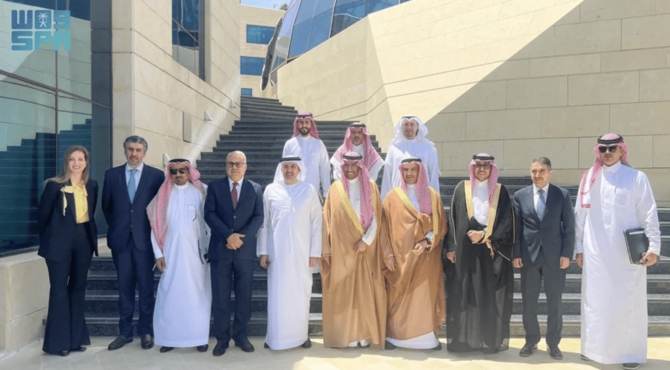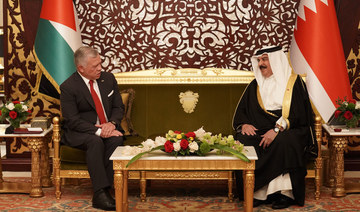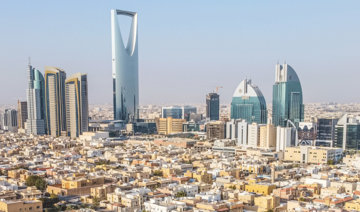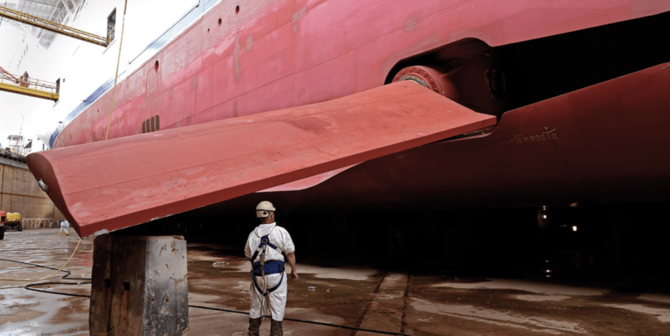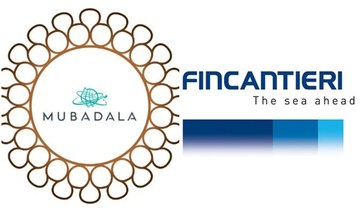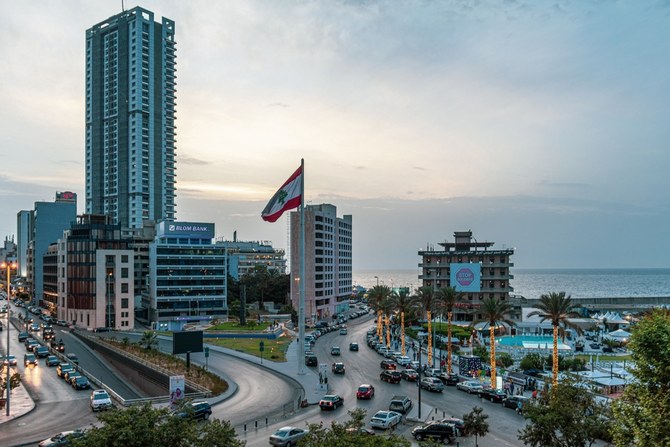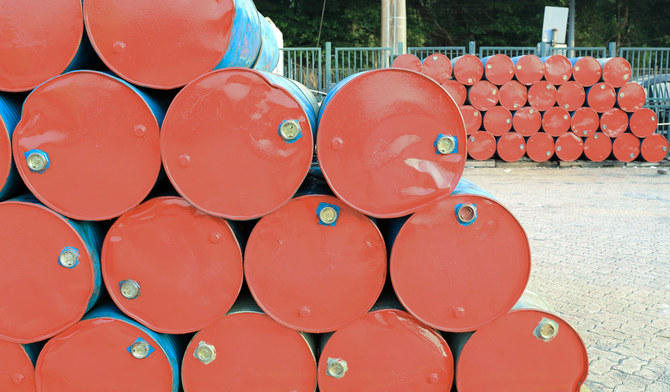RIYADH: Mining and pharmaceutical cooperation between Saudi Arabia and Jordan is poised to advance after a top official’s visit to the Hashemite Kingdom.
Saudi Minister of Industry and Mineral Resources Bandar bin Ibrahim Alkhorayef met with the chairman of the Arab Mining Co., Mohammed Ahmed Al-Shehhi, during his trip, which commenced on May 21.
With a current focus on the advancements between nations, a Ministry of Industry and Mineral Resources statement highlighted that Saudi Arabia’s exports to Jordan in 2023 reached SR7.6 billion ($2 billion), while its imports from Jordan amounted to SR7.5 billion.
The release noted that the Kingdom’s exports to Jordan included food products, petrochemicals and polymers as well as construction materials.
Meanwhile, its imports from Jordan included commodities and medical drugs.
Saudi Arabia has previously introduced several investment opportunities in vaccines and biologics totaling $3.4 billion. This initiative aligns with the Kingdom’s efforts to ensure the consistent availability of pharmaceutical products, aiming to meet its healthcare demands while establishing itself as a significant drug supply hub.
Forging mining ties
During the minister’s visit, Alkhorayef and Al-Shehhi discussed ways of enhancing cooperation in the mining sector in the presence of Khalid bin Saleh Al-Mudaifer, the vice minister of mining affairs. They also explored opportunities to leverage the mining resources available in Saudi Arabia and Jordan, according to the Saudi Press Agency.
In a post on his X account, the minister said that he discussed with several officials in Jordanian mining companies the prospects for joint cooperation to develop the mining sector in the region and to benefit from the large mineral resources in both countries, especially in a number of strategic and rare minerals.
He also spoke of attracting qualitative investments in this vital sector and held meetings with officials from Jordanian companies operating in the mining sector.
In his discussions with representatives from Jordan Phosphate Mines Co., a publicly traded company established in 1949, both parties explored potential collaboration opportunities in extracting and producing phosphorus compounds, considering Saudi Arabia’s significant reserves.
Additionally, the minister touched on cooperation with officials from the Arab Potash Co., the eighth-largest potash producer worldwide by volume of production and the sole producer of this product in the Arab World.
The two sides reviewed the progress made in implementing the memorandum of understanding signed between the company and the Saudi Arabian Mining Co., also known as Ma’aden, aiming to enhance collaboration in specialized fertilizers and products in both nations.
Injecting pharmaceutical cooperation
Alkhorayef also met the chairman of the Jordanian Association of Pharmaceutical Manufacturers, Tareq Darwazeh, while in Amman.
The two explored avenues to enhance cooperation in pharmaceutical manufacturing and marketing, aiming to leverage the advanced expertise and capabilities of both countries.
Moreover, Alkhorayef visited several Jordanian pharmaceutical factories and companies, where he held meetings with their senior officials.
“I gained insight into their operational plans and engaged in discussions with their senior officials regarding opportunities to strengthen cooperation. We also explored avenues for exchanging experiences in localizing the vital and specialized pharmaceutical industry, as well as attracting investments in this crucial sector,” he said in a post on X.
The minister visited MS Pharma’s sterile injectables factory in the Sahab area and toured Hikma Pharmaceuticals, including its factory in Al-Bayader.
During the visit, he attended a virtual presentation highlighting the company’s facilities in Portugal and the US, which specialize in the production of oncology drugs and injections.
He also visited the Saudi embassy in Amman, where he met with various Jordanian investors and businesspeople.
During these meetings, they discussed opportunities for cooperation in trade and investments, focusing on the mining and industry sectors.
The visits underscore the Kingdom’s commitment to attracting qualitative investments in the pharmaceutical and healthcare sectors while facilitating exports to international markets.
During his visit, Alkhorayef is scheduled to meet with Jordan’s Prime Minister Bisher Al-Khasawneh, as well as the Minister of Industry, Trade, and Supply, Yousef Mahmoud Al-Shamali, and the Minister of Energy and Mineral Resources, Saleh Al-Kharabsheh.
According to SPA, the Saudi minister will also meet with the Minister of Investment, Khuloud Al-Saqqaf, along with several investors and heads of private sector companies.






